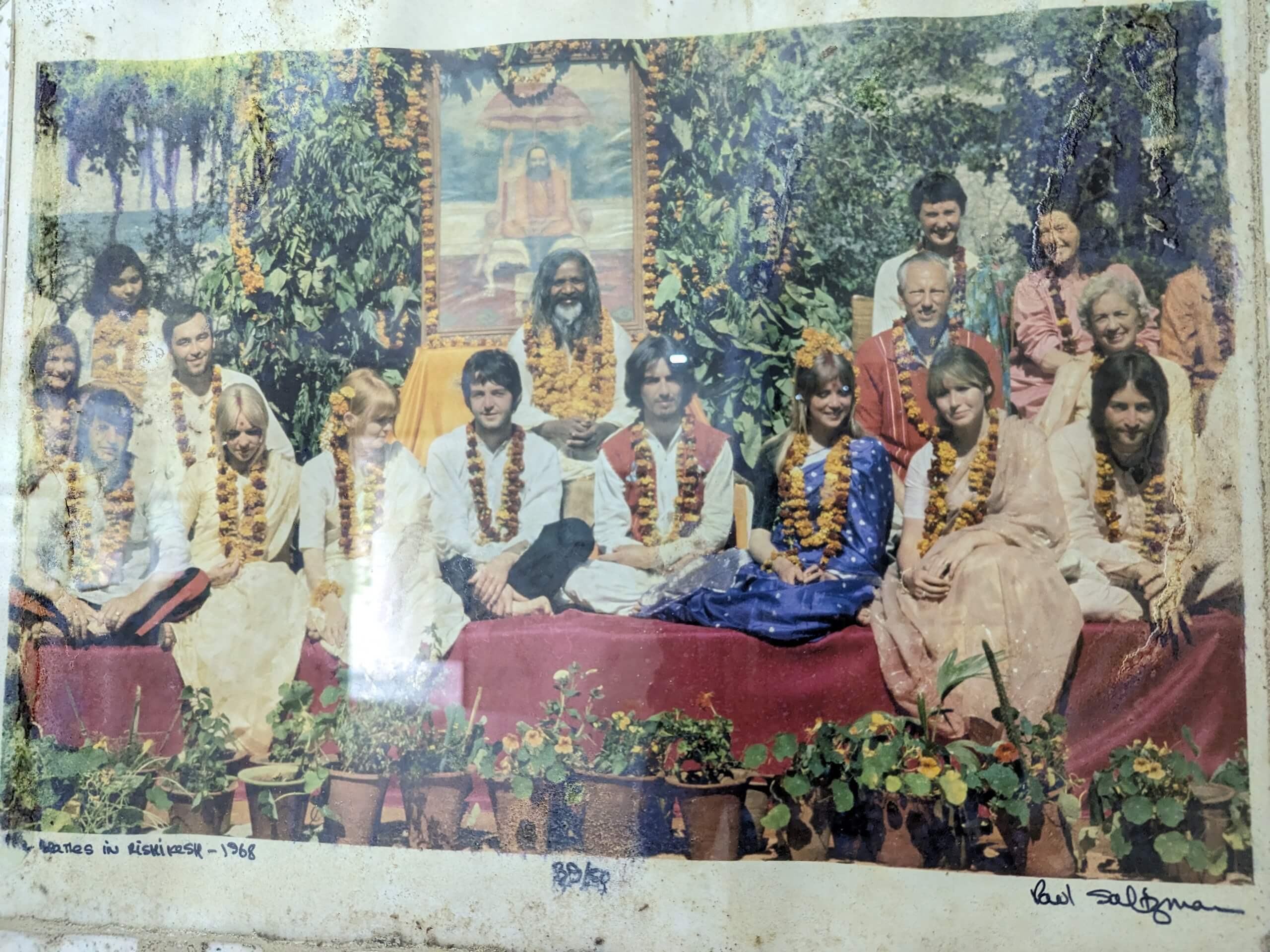The Beatles came to India in 1968 drawing the attention of the world towards India.
Noone knew back then that at a remote Ashram in a small town by the Ganga called Rishikesh, across the globe in India, a transformation was happening and that a spiritual guru by the name of Maharishi Mahesh Yogi had invented “Transcendental Meditation”, a concept alien to the world in the 1960s, unlike the popular form of meditation and holistic healing it has become today. Though Maharishi departed to his heavenly abode in 2008, his legacy of Transcendental Meditation lives on today through various TM courses offered through the world today.
So what is Transcendental Mediation?
Transcendental Meditation (TM) is a popular meditation technique and a specific form of mantra meditation. The principles and practice of the Transcendental Meditation program are fundamentally different from any other method of mental and physical development available in the world today. It is not a philosophy and does not require specific beliefs, behavior, or lifestyle. No effort is involved in its practice, and it can be easily learned by everyone. It is practiced for twenty minutes morning and evening, while sitting comfortably with the eyes closed.

Here’s how Transcendental Meditation works:
- Mantra: Practitioners are given a specific mantra, which is a word or sound chosen by a TM teacher based on a person’s age and gender. This mantra is kept secret and is used solely during meditation.
- Meditation Technique: To practice TM, one sits comfortably with closed eyes for about 15-20 minutes, twice a day. During this time, they silently repeat their mantra to themselves. The mantra is used as a focal point to help the practitioner enter a state of deep relaxation and concentration.
- Transcendence: The goal of Transcendental Meditation is to transcend ordinary thought and reach a state of pure awareness or transcendental consciousness. This is often described as a state of inner calm, clarity, and profound restfulness.
- Regular Practice: TM is typically practiced regularly, ideally twice a day. It is recommended to be done in a quiet, peaceful environment to facilitate relaxation and concentration.
Transcendental Meditation is often taught by certified TM teachers in a structured course that includes personal instruction and follow-up sessions. It has been claimed to offer various benefits, including reduced stress, increased creativity, improved focus, and better overall well-being.
It’s worth noting that Transcendental Meditation has been the subject of both scientific research and controversy. Some studies suggest potential benefits, while others question its uniqueness compared to other forms of meditation. As with any meditation technique, its effectiveness can vary from person to person, and individuals should choose a practice that resonates with them personally.
How does Transcendental Meditation help according to Maharishi?
The Transcendental Meditation program is a simple, natural, effortless procedure to take the awareness from the surface active level of the mind to enjoy the more settled state of mind (Transcendental Consciousness), the reservoir of intelligence and creativity at the source of thought. This process can be likened to a river which naturally and effortlessly flows on to the ocean and gains the status of the ocean.
Deep Rest and relaxation
The Transcendental Meditation program, through the experience of more settled states of the mind, brings a state of deep rest and relaxation to the physiology. From the first session of the Transcendental Meditation technique, its results start to be felt- Life becomes naturally more blissful. Mind becomes more filled with dynamic silence, effortlessly clearer, thinking becomes Right.
“Generation after generation man is born anew. Each generation gives rise to new aspirations in life and brings a new quest for fulfillment. Each man needs sound physical and mental health, greater ability in action, a greater capacity to think clearly, increased efficiency in work, and more loving and rewarding relationships with others. He needs enough vitality and intelligence to satisfy the desires of his mind and bring contentment to his life. We have seen that all this can be gained through the regular practice of Transcendental Meditation.” – Maharishi Mahesh Yogi
What studies have been done on Transcendental Meditation?
More than 600 scientific research studies, conducted at over 250 universities and research institutes in 33 countries, document the benefits of the Maharishi Transcendental Meditation program for mind, body, behavior and society. These findings document the Transcendental Meditation program to be the single most effective technique available to gain deep relaxation, eliminate stress, increase creativity and intelligence, promote health and attain inner happiness and fulfillment; and that it directly contribute to invincibility for a nation and peace for the world. Scientific Research on Maharishi’s Transcendental Meditation and TM-Sidhi Program—Collected Papers, volumes 1-7, contains hundreds of peer-reviewed research studies that have been published in over 150 leading scientific journals, including Science, Lancet, Scientific American, American Journal of Physiology, International Journal of Neuroscience, Electroencephalography and Clinical Neurophysiology, Psychosomatic Medicine, Journal of the Canadian Medical Association, American Psychologist, British Journal of Educational Psychology, The Journal of Mind and Behaviour, Journal of Conflict Resolution, Journal of Social Behavior and Personality, Journal of Crime and Justice, Journal of Offender Rehabilitation. Journal of Clinical Psychiatry, and Social Indicators Research.
“Only a new seed can yield a new crop. Only new knowledge, new principles, and new programs can put an end to conflict, sickness, and suffering and prevent such problems from arising in the future. Only new knowledge can create a healthy, prosperous, harmonious society and a peaceful world” -Maharishi


